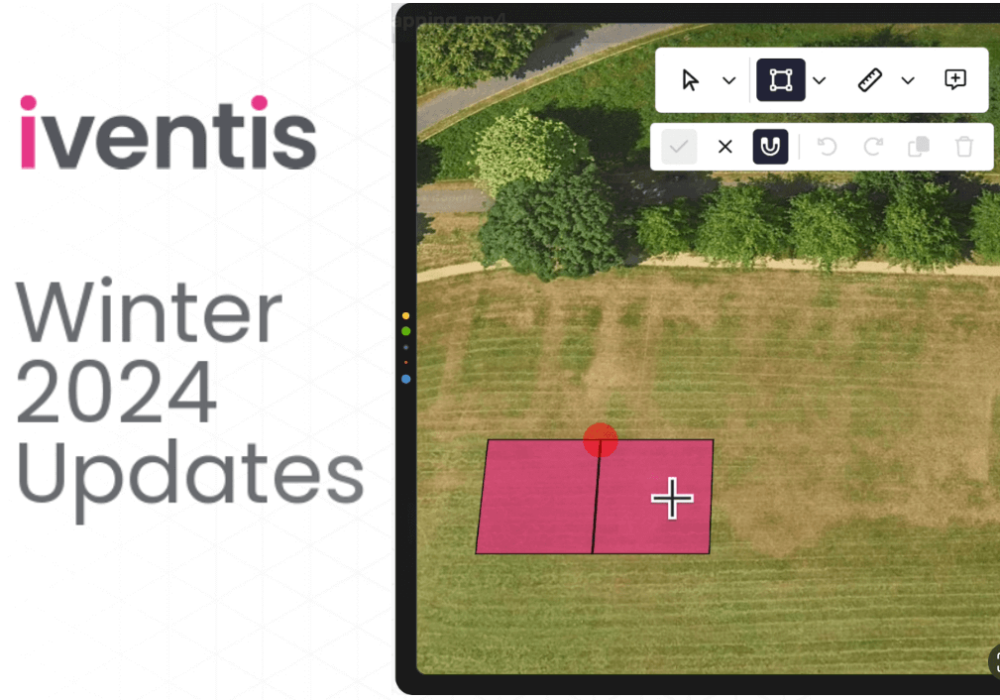Fail to prepare, prepare to fail. This well-known phrase is particularly relevant to public safety issues, such as the requirements of health, safety and security when organising events. But with each type of event requiring a different level of security, it can be difficult to ensure that your preparations are adequate.
For many event organisers, the solution is to hire external security professionals to help with risk assessments, provide legal and legislative guidance, and implement the security plans effectively.
We spoke to K4 Security to gather the top five event security tips you should know before engaging a security firm to keep your event safe and secure.
Event Security Tips
1: Understand your event
Security companies are skilled at asking the right questions to ensure they grasp the nuances of your event, but your understanding plays a large role in making this simpler. Of course, it would be ideal for you to know your event back to front and relay this information to your security provider. However, covering the basics is crucial so that your supplier has a basis to work from.
The type of event
It might seem obvious, but you should have a keen understanding of the type of event taking place. It goes beyond simply categorising it as a concert or a sports event; is it a classical music concert or a heavy metal show? A charity football match or the league finals? The specific details of your event type significantly impact the required security measures, so getting this right is crucial.
When the event takes place
The date and time of your event are more than just straightforward administrative details; they are crucial factors in determining your security requirements. A day-time event on a weekday, for example, typically attracts a calmer crowd compared to an event held at 7pm or on a weekend.
The event’s location
Whether your event is outdoors or in a venue can also impact your security solutions. Venues often have established security policies that organisers must adhere to. Additionally, growing concerns about terror attacks are reshaping venue security practices. This is highlighted but the introduction of Martyn’s Law in the UK, which aims to provide clearer event security guidelines for venues.
Your geographic location also plays a role in security decisions. Large cities typically enforce tighter regulations on events compared to smaller towns, for example.
Crowd expectations
Crowd management is a crucial component of event security, so the nature of your audience will directly impact the required security measures. Demographics such as age and gender play a part in predicting crowd behaviour, as well as learnings from past events. It’s also important to know how many visitors are expected to attend your event, as security protocols are often created in part on crowd size.
2: Explain previous experiences
If your event has been delivered before, use learnings from previous iterations to inform your security service. If it’s the first of its kind, you might be able to glean insights from other events held at your venue, or previous events of a similar nature in and around your chosen area.
Previous experiences help your security firm to ascertain whether there are any recurring issues or patterns that could resurface. Providing information about how these issues were previously managed allows the experts to explore the effectiveness of past solutions. From here, they can decide whether to implement preemptive security measures for your event.
3: Facilitate communication
Your event’s organisation likely requires input from a number of teams and stakeholders. It’s important that your chosen security supplier has open access to communication across these groups.
As an example, your security experts may need to work closely with your Transport Manager to ensure that the routes to and from your event are considered within the event security plan. Similarly, conversations between event organisers and city officials are likely to require security input, as councils typically need to review risk assessments and confirm security checks before approving the event.
4: Trust your experts
When you hire external specialists to provide a service for your event, it can be detrimental to second-guess their expertise at every stage. You should vet your providers before entering into a contract with them, and this process should involve a thorough investigation of their credentials, reviewing examples of their past work, and verifying their qualifications.
If this has been executed correctly, your confidence in the team should allow you to trust their judgement. They’re the experts for a reason, so give them the information they need and let them handle the details.
5: Be honest!
According to K4 Security, the most important tip for organisers working with security firms is to be honest about your requirements. Don’t guess – seemingly small factors can impact the entire security plan. Ensuring that all information provided is as accurate and up-to-date as possible is the best way to help your security provider stay on schedule and produce the most effective protocols possible.
Combining knowledge and collaboration
These five event security tips help to create a symbiotic relationship between event organisers and external event security professionals, establishing a clear pathway of communication and knowledge exchange. By keeping this advice in mind, organisers can create the optimal conditions for their security team to operate effectively, thereby ensuring the safety of the event – and its attendees.
At Iventis, we understand the importance of collaborative working to deliver exceptional events. Whether you’re looking for a way to maintain communication with your security supplier, or you’re a security professional looking for a streamlined way to manage your events, we can help. Book a demo with our team to learn more.





